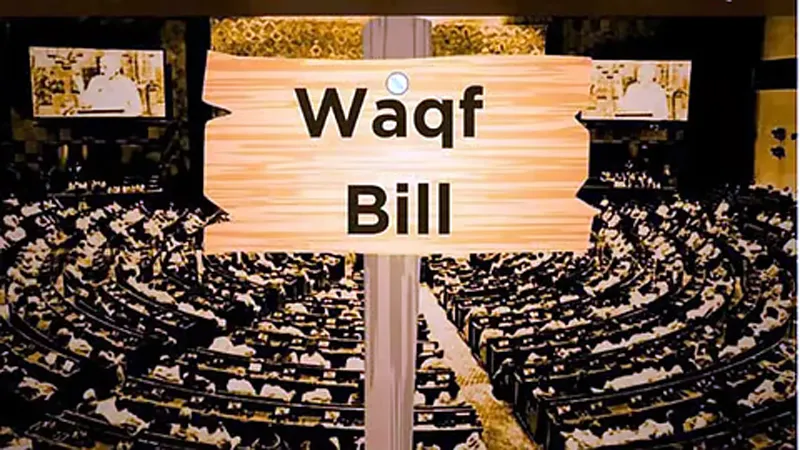
Date: April 17, 2025
Waqf Bill in Supreme Court: Latest Developments and Clarifications
What Is the Latest Update on the Waqf Bill Case in Supreme Court?
The Waqf Amendment Bill, passed by the Indian government, has sparked legal challenges across the country. Several petitions have been filed against the bill, prompting the Supreme Court of India to review its constitutionality and implications.
In a recent hearing, Solicitor General Tushar Mehta provided key assurances on behalf of the central government to ease the rising concerns over the bill.
Government Assurances on the Waqf Amendment
The Solicitor General clarified two important points during the court proceedings:
- No Non-Muslim Appointments: Until the matter is resolved in court. The Centre has assured that no non-Muslim individuals will be appointed to the Central or State Waqf Boards under the amended legislation.
- Status Quo on Waqf Properties: All existing waqf properties—including those in long-standing community use, even if not formally registered—will remain under waqf status. No changes will be made to their classification during the legal review.
These clarifications aim to maintain the status quo until the Supreme Court delivers a final verdict.
Why This Legal Review Matters
The Supreme Court acknowledged that the amendments introduce significant changes to the Waqf Act and therefore require thorough examination. The concerns raised relate to religious rights, administrative control, and land ownership—issues that demand constitutional scrutiny.
Next Steps: May 5 Hearing
The court has scheduled the next hearing for May 5, 2025, which will further explore the validity and impact of the amendment. Until then, the government’s assurances are expected to offer temporary relief to concerned communities and stakeholders.
Conclusion: A Sensitive Issue Under Legal Lens
As the legal process unfolds, the case highlights the delicate balance between lawmaking and religious autonomy. The Supreme Court’s decision will likely set an important precedent for how community-based property and religious governance are handled in India.